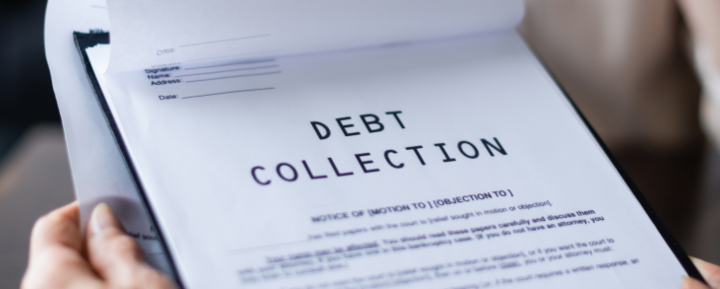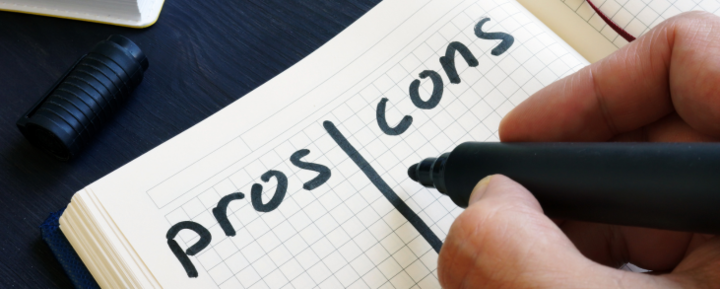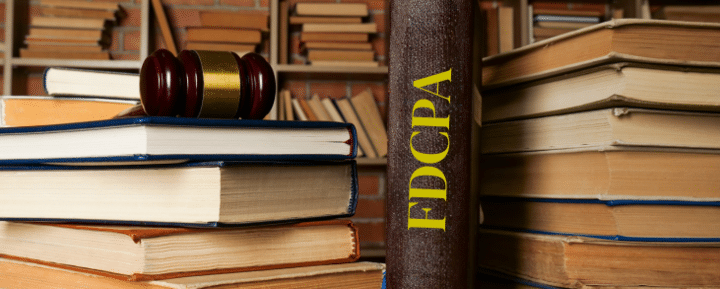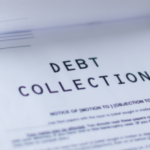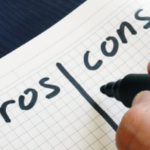An SBA EIDL loan refers to the Economic Injury Disaster Loan program administered by the Small Business Administration (SBA). This program is designed to provide economic relief to businesses that are currently experiencing a temporary loss of revenue due to a disaster.
If you received an EIDL and are struggling to pay it back, here’s what you need to know.
How SBA Loans Work
EIDLs are intended to help businesses meet financial obligations and operating expenses that could have been met had the disaster not occurred. This includes payroll, rent, mortgage payments, accounts payable, and other bills that can’t be paid because of the disaster’s impact.
Businesses apply for an EIDL directly through the SBA. This process can include providing financial statements, a credit check, and other documentation to demonstrate economic injury and operational viability before the disaster.
Do You Have to Pay Back Your EIDL Loan?
Yes, in most cases, you do need to pay back EIDLs as they aren’t grants. EIDLs are loans designed to provide economic relief to businesses experiencing a temporary loss of revenue due to a disaster. Unlike PPP loans, they aren’t forgivable. So it’s important to repay the loan according to the terms set out in the agreement.
That said, if your business truly can’t afford to pay back an EIDL, the government may accept a reduced amount in certain cases.
Terms and Conditions of EIDL Loans
EIDLs are designed for small businesses, agricultural cooperatives, and most private non-profit organizations affected by disasters. Eligibility criteria can include location in a declared disaster area and the ability to demonstrate economic injury due to the disaster.
The terms of an EIDL can vary depending on the borrower’s situation. Loan amounts can go up to $2 million. The interest rate for small businesses is typically set at 3.75% and for non-profits at 2.75%. The repayment term can be up to 30 years, depending on the borrower’s ability to repay.
While EIDL funds can cover a wide range of working capital needs, there are restrictions on their use. For example, the funds can’t be used for expansion or renovation. Borrowers are expected to use the funds to maintain operational expenses directly tied to the business’s health and survival during the recovery period from the disaster.
Consequences of Failing to Repay an EIDL Loan
The consequences of failing to repay an EIDL loan can be significant and include:
- Default status: If you fail to make payments according to your loan agreement, your loan can go into default. The SBA will provide a notice of default. This typically offers a brief window to address the missed payments before further action is taken. However, you’ll likely be subject to additional fees and interest.
- Damage to credit score: Defaulting on your loan will be reported to credit bureaus. This can significantly lower your credit score, affecting your ability to borrow money in the future.
- Legal action and collection processes: The SBA may initiate collection actions, which can include referring your loan to the Department of the Treasury. The Treasury Department has broad collection powers, including garnishing tax refunds, levying bank accounts, and offsetting other federal payments due to you or your business.
- Seizure of assets: For loans where collateral is involved, defaulting can lead to the seizure of the collateralized assets. The SBA or its designated collection agencies can take legal action to seize assets to repay the debt.
- Personal liability: If a personal guarantee was involved, you can be held personally liable for the debt. This means that the personal assets of the guarantor(s) could potentially be at risk to satisfy the loan repayment.
- Impact on future SBA assistance: Defaulting on an EIDL can affect your eligibility for future assistance from the SBA. This can include being disqualified from future loans or relief programs.
Mitigating the Impact of Defaulting on an EIDL Loan
Mitigating the impact of defaulting on an EIDL from the SBA involves taking proactive steps, ideally before a default occurs or in its early stages. Here are several strategies that can help.
Early Communication with Lender
As soon as you anticipate difficulty in making loan payments, contact the SBA or the servicing agent for your loan. The sooner you communicate your challenges in making your debt payments, the more options you may have available.
Can EIDL Borrowers Get Deferments?
EIDL borrowers can potentially get deferments under certain circumstances. The SBA may offer deferment options to borrowers facing financial hardship, allowing them more time to begin repaying the principal and interest on their loans.
However, the specifics regarding deferment—including eligibility, application process, and terms—can vary depending on the current policies of the SBA and the specific circumstances surrounding the disaster declaration that initiated the EIDL program.
COVID Economic Injury Disaster Loan borrowers, for instance, can receive a total of 30 months deferment from inception on all approved COVID EIDL loans.
Will EIDL Loans Be Forgiven?
The EIDL program included grants such as the Targeted EIDL Advance and the Supplemental Targeted EIDL Advance, which provided up to $15,000 in forgivable funds for eligible small businesses. These advances do not need to be repaid. However, EIDL loans will not be forgiven by the SBA and must be repaid.
Seeking Financial Advice
Consulting with a financial advisor or attorney specializing in debt management can provide personalized strategies to address your situation. They can offer guidance on negotiating with the SBA and understanding your legal rights and obligations.
How Government Agencies Handle EIDL Loan Defaults
When a business defaults on an Economic Injury Disaster Loan, the SBA has several processes to manage the situation:
- Contact from the SBA: Initially, the SBA will reach out to the borrower to inform them of their default status. This communication is the first step in addressing the default.
- Seizure of collateral: For EIDLs over $25,000 but less than $200,000, the SBA requires collateral from the business. In the event of a default, the SBA will move to seize business assets to cover the defaulted loan.
- Escalation to the Treasury Department: If the default is escalated, the debt may be transferred to the Treasury Department. In this case, the loan balance could increase by 30%.
- Offer in Compromise (OIC) program: One of the avenues for resolving a defaulted EIDL is through the SBA’s Offer-In-Compromise program. This program allows borrowers to negotiate a settlement to pay less than the full amount owed. The OIC program is designed for businesses that are unable to pay the full debt under the current terms, but can offer a lump sum or other repayment arrangement that the SBA deems acceptable.
- Legal action and collection efforts: The SBA may also initiate legal action to collect the outstanding debt. This includes filing lawsuits against the borrower or referring the loan to collection agencies. It’s important to note that the SBA is not bound by any state’s statute of limitations. It can file suit to collect for up to six years after the default. For real property securing the loan, lawsuits to foreclose can be filed at any time.
The Recovery Process After Defaulting on an EIDL Loan
Recovering after defaulting on an Economic Injury Disaster Loan involves several steps and can be a complex process. That’s why it can be a good idea to consult with an attorney that specializes in debt relief.
An attorney can negotiate with the SBA on your behalf. They may help you arrange a debt settlement or an Offer in Compromise (OIC), where you might pay less than the full amount you owe. They have experience in negotiating terms and can navigate the legal and administrative complexities to potentially reduce your debt or modify repayment terms to make them more manageable. Plus, if your case involves disputes or if the SBA decides to take legal action against you, having an attorney represent you is crucial. They can defend you in court, help file any necessary legal documents, and work to protect your interests throughout the legal process.
If your business is struggling with EIDL debt and you’re unsure where to turn, Tayne Law Group, P.C. is here for you. Our team of debt professionals may help you determine the best path for your business and get you on the road to financial freedom. Call us at (866) 890-7337 or fill out our short contact form for a free, no-obligation phone consultation. We never sell or share your information and will keep your matter confidential.




